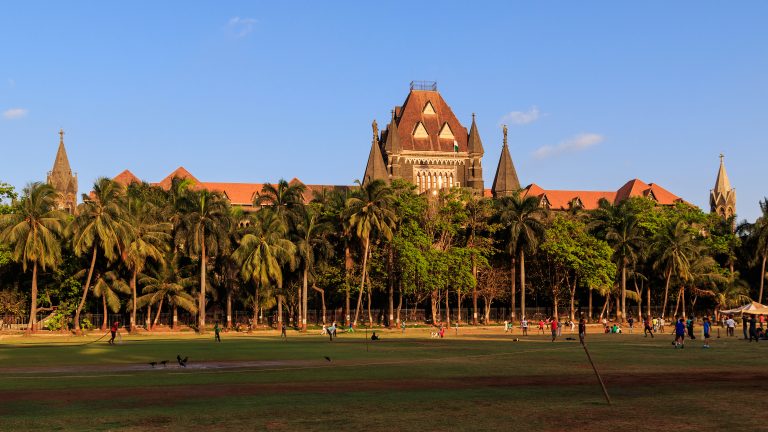The Nagpur Bench of Bombay High Court in the case of Rashtrasant Tukdoji Maharaj Technical and Education Society vs. Smt. Indira Madhukar Muraskar, WRIT PETITION NO.2594 OF 2017 and others decided on 9.5.25 has held that the striking off of employees’ names from the muster roll due to their prolonged unauthorised absence did not amount to termination or retrenchment. Instead, the conduct of the employees demonstrated voluntary abandonment of service, which amounted to voluntary retirement.
“Such absence amounts to abandonment of services and has an element of voluntary resignation,” the Court observed, adding that the removal from the muster roll “was a consequence invited by the employees.”
The dispute arose between an educational society and several employees who were appointed between 1991 and 1993 in various roles such as assistant cook, clerk, accountant, librarian, and caretaker. In August 1993, the employees issued a strike notice, claiming that they were underpaid and had paid bribes to obtain employment. Despite an interim order by the Industrial Court on 12/11/1993 declaring the strike illegal and directing them to desist, the employees failed to resume duties.
Also read – Amit Kejriwal joins Tata Digital as Head Total Rewards (Compensation & Benefits)
The employer issued multiple letters (September 1993 to June 1994) calling upon the employees to report to duty, eventually warning them that continued absence would be presumed as voluntary abandonment of service. Upon non-response, their names were removed from the muster roll.
The Labour Court ruled in favour of the employees, holding that this amounted to illegal termination for non-compliance with Sections 25F and 25G of the Industrial Disputes Act, 1947, and directed reinstatement with 50% back wages. This was upheld in revision by the Industrial Court.
The Court extensively analysed the distinction between termination and voluntary abandonment. It clarified:
- Under Section 2(oo) of the Industrial Disputes Act, retrenchment excludes voluntary retirement.
- Voluntary retirement can be gathered not only through written resignation but also by conduct.
- Repeated unauthorised absence after fair notice, especially in the face of binding industrial orders, constituted such conduct.
- Relying on Vijay Sathaye v. Indian Airlines Ltd. and Punjab & Sind Bank v. Sakattar Singh, the Court affirmed that abandonment can be inferred from prolonged absence and failure to respond to employer communications.
The Court relied on the judgments of Punjab & Sind Bank v. Sakattar Singh: Absence for 190 days despite reminders led to valid inference of abandonment, Vijay Sathaye v. Indian Airlines Ltd.: Long absence without explanation amounts to voluntary retirement, Sukhdev Singh v. DDA: Domestic enquiry not required when action is fair and unauthorised absence is prolonged, and Banaras Hindu University v. Shrikant: Enquiry not necessary when long absence amounts to resignation.
- The Court distinguished the facts of the twelve judgments cited by the employees, including Delhi Cloth Mills v. Shambhu Nath, on the basis that those involved positive acts of termination, unlike the present case.
Court observed that The employees disobeyed a lawful order of the Industrial Court and remained absent for 9 months. Repeated letters by the employer were proven to be served. Employees failed to provide credible evidence of their efforts to resume duty. There was no positive act of termination by the employer; the conduct of the employees invited removal from muster roll and The Labour and Industrial Courts failed to assess the evidence of misconduct and misapplied the legal principles.
The Court quashed the impugned judgments of the Labour and Industrial Courts and dismissed the employees’ complaints. It found the employer’s action justified and not in violation of the Industrial Disputes Act.
This judgment reinforces the legal position that long and unexplained unauthorised absence, even after due notices, can amount to voluntary abandonment of service. It also establishes that in such cases, striking off names from the muster roll is not termination, and domestic enquiries are not obligatory when the facts demonstrate abandonment.
Stay connected with us on social media platforms for instant updates click here to join our LinkedIn, Twitter & Facebook









